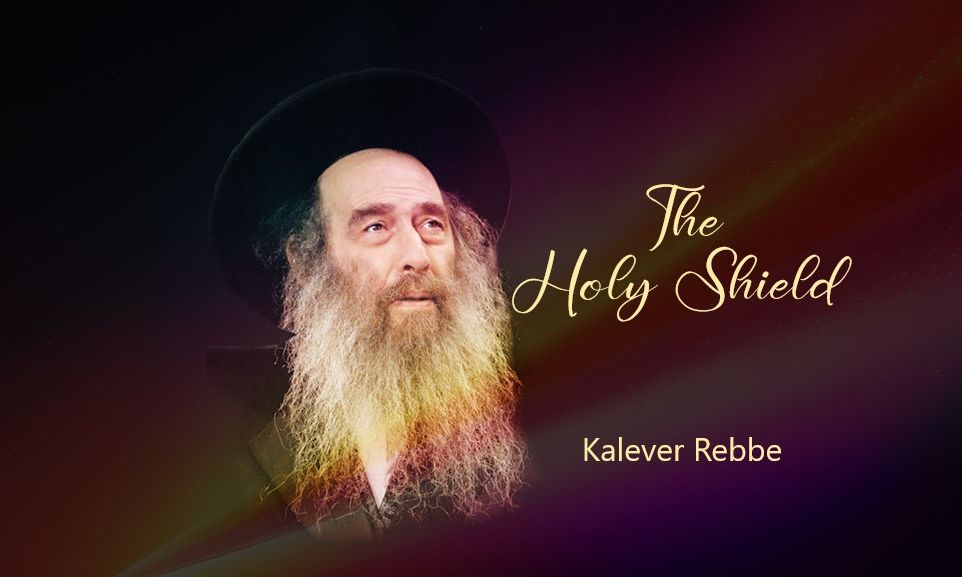
The Holy Shield
Wearing the simple garment tzitzit protects the wearer from all dangers, both physical and spiritual. One who understands the tremendous benefits of tzitzit will be sure to wear them regardless of heat or discomfort.

“And this shall be fringes for you”… (Bamidbar 15:39)
The Power of Tzitzit
During one of my Chizuk trips, I visited a military training base that was in the desert. When I arrived, the sun was already high in the sky and the entire camp was blistering hot. The soldiers were wearing all their gear: uniforms, weapons, packs, heavy boots, etc.
There were a few soldiers relaxing on the ground in their complete uniforms. All they had was a cloth that was used as a makeshift canopy to provide some shade.
All these soldiers explained to me that they did not mind the heat. They knew that those conditions were preparing them and helped them reveal their inner strength. The hardships were not just preparing them but helping them understand what they were capable of. They were training for all battle conditions that they might encounter defending their country.
This same mentality can be applied to the mitzvah of tzitzit. If someone fully understands the power and benefits of this mitzvah, they will never miss the opportunity to wear them, even when it is hot or uncomfortable.
A construction worker once asked R’ Shlomo from Slonim, that, since he predominantly worked on roofs in the scourging sun, was he able to take off his tzitzit or not?
The Rebbe answered, “Chazal taught (Menachos 43a) that it is guaranteed that whoever wears tzitzit will be saved from sin. Have you ever heard of sailors taking off their life jacket when they are in the middle of a raging storm?”
Not Just Spiritual
Tzitzit protects someone from any type of physical danger, as the Zohar HaKodesh explains (Volume III, p. 300b) that wearing tzitzit helps protect one’s body from physical harm and danger.
The Zohar HaKodesh also taught (Volume I, p. 28a) that tzitzit can shield someone from the sword of their enemies. This was Dovid HaMelech’s intention when he wrote (Tehillim 45:4), חגור חרבך על ירך גבור – “Gird a sword on your thigh, O mighty one“…
There were many times throughout history when we have seen that tzitzit literally saved yidden:
- The Midrash Aggadata (Bereishit 32:26) taught that Eisav’s Angel was unable to kill Yaakov Avinu because he was armed with tzitzit on his clothing.
- When the yidden entered the Red Sea, the Angel Gavriel entered with them and said to the waters, “Be careful with those who will eventually wear tzitzit.” And, in the merit of the tzitzit that the yidden would wear, the waters did not come crashing down as the yidden passed through the Red Sea (Yalkut Shimoni, Shemot 234).
- We see a similar example with Shaul. He was hunting down Dovid HaMelech to kill him. But the dynamic shifted, and Dovid HaMelech had the opportunity to kill Shaul. However, he was unable to because Shaul was wearing tzitzit.
- Chananya Mishoel and Azaria were also saved from being burnt alive in the merit of the tzitzit. (Mishnat R’ Eliezer, Chapter 14).
- A non-Jew once came to the home of R’ Yosef from Tomashov to assassinate him. The Rebbe turned to him holding two of his tzitzit in his hand and said, “Leave my home, you wicked person!” When the non-Jew saw the tzitzit, he was overwhelmed with fear and fled the house.
The Bull Attack
I once asked a yid to make every effort to always wear tzitzit. And he promised that he would do so even though it would be difficult for him at times.
Later that summer, when going on a hike, a large bull attacked him. He fell to the ground. The bull kept trying to gore him as he was on the ground. Amazingly, the man was not injured, and the doctors said it was a miracle. Afterwards, he noticed that all his clothes were ruined and showed signs of the attack except for the tzitzit. He immediately realized that he was spared in the merit of his tzitzit.
Over the years, I have heard countless stories of yidden who have similar stories where their salvation was in the merit of wearing tzitzit.
Not Just Protection
Tzitzit also help to increase the abundance of physical blessings such as one’s livelihood.
The Gemara explains (Menachos 43a) that whoever is meticulous and purchases beautiful tzitzit from a reliable source, will merit to see be successful in business.
The Keli Yakar (Bereishit 9:23) explained that the mitzvah of tzitzit saves a person from the temptation of illicit relationships, as the Gemara explained (Menachos 44a). And, if you can avoid this sin, you can also avoid poverty as the pasuk says (Mishlei 29:3) רועה זונות יאבד הון- “but one who keeps company with harlots wastes his wealth“.
R’ Nafatli Hirtzka from Ratzpert dedicated a lot of time to the proliferation of this mitzvah. He had an entire room filled with pairs of tzitzit that he would offer to the poor. And he would explain that he did this because tzitzit are a segulah for parnassah. Many of the recipients of his tzitzit saw an increase in their livelihoods.
For Your Benefit
This can explain the reason that Hashem told Bnei Yisroel, ‘This (was) shall be fringes for you…’
The Midrash taught (Vayikra Rabba 11:7) that whenever the Torah uses the word והיה – “and there was” it’s always a term of Simcha. The Gemara (Beitzah 28b) taught that the word לכם-“for you” is always referencing for your physical benefit.
With that in mind, we can revisit the deeper meaning of this pasuk, “This (was) shall be fringes for you”… You will be happy when you wear tzitzit because tzitzit have the power to help provide for your physical needs and well-being. Therefore, you should always wear tzitzit with joy and happiness, knowing that this will bring immeasurable benefits to you.
***
The Kalever Rebbe is the seventh Rebbe of the Kaalov Chasidic dynasty, begun by his ancestor who was born to his previously childless parents after receiving a blessing from the Baal Shem Tov zy”a, and later learned under the Maggid of Mezeritch zt”l. The Rebbe has been involved in outreach for more than 30 years and writes weekly emails on understanding current issues through the Torah. Sign up at www.kaalov.org.



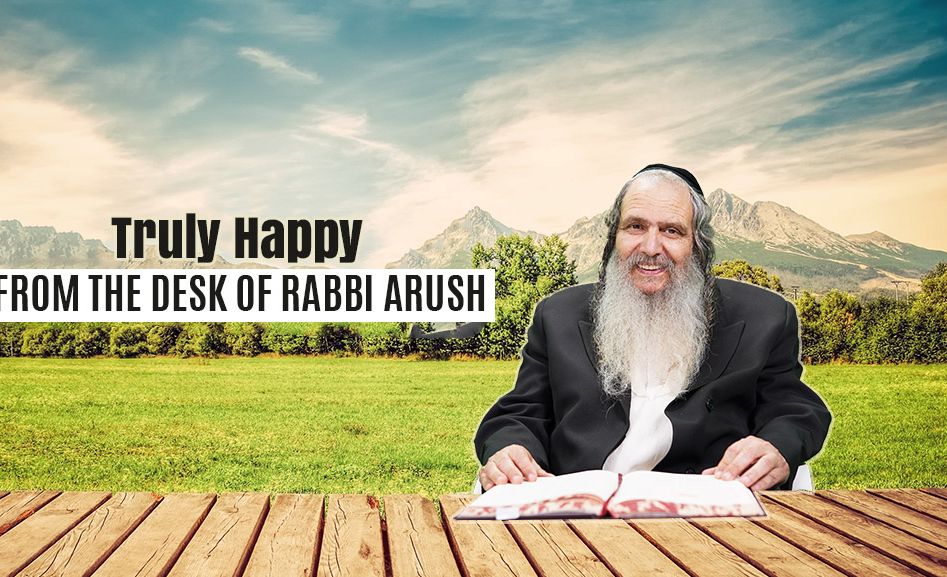


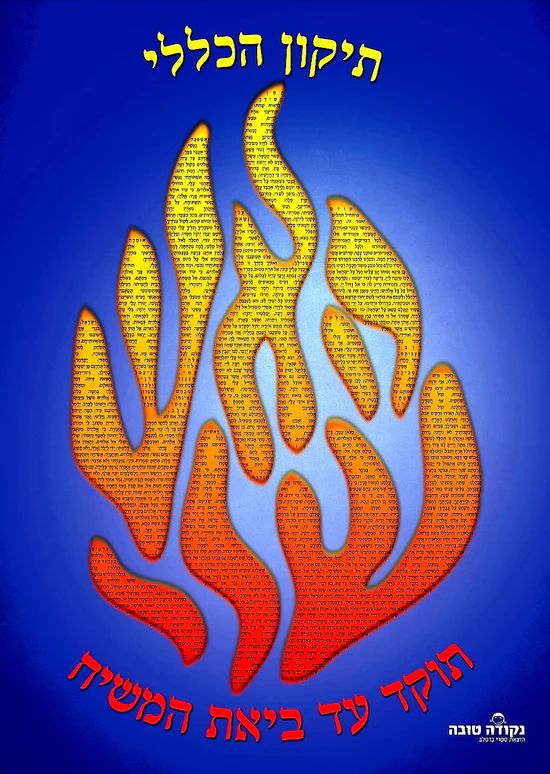

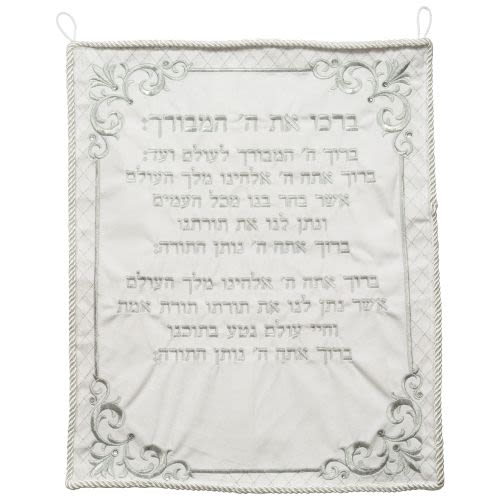
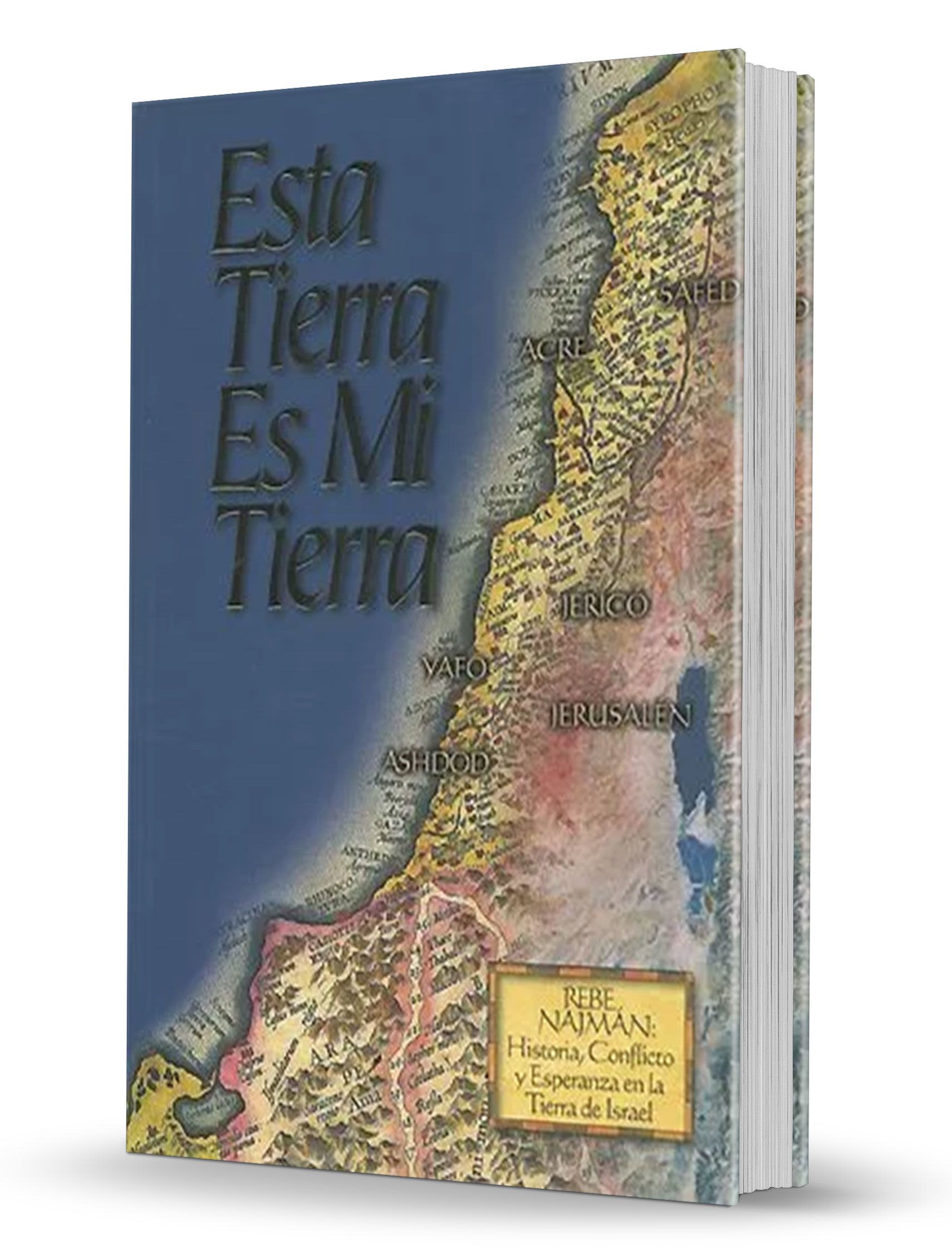
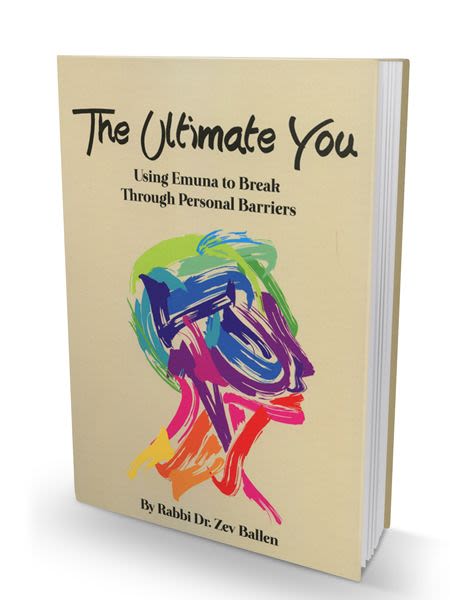
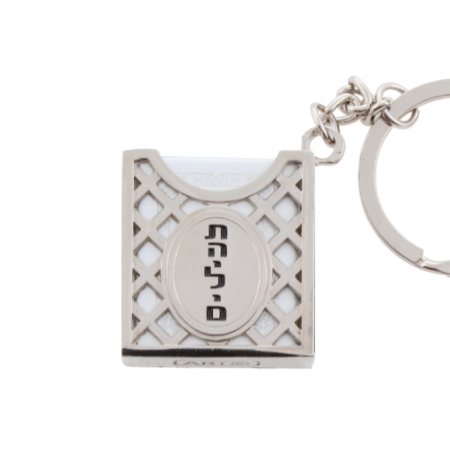
Tell us what you think!
Thank you for your comment!
It will be published after approval by the Editor.